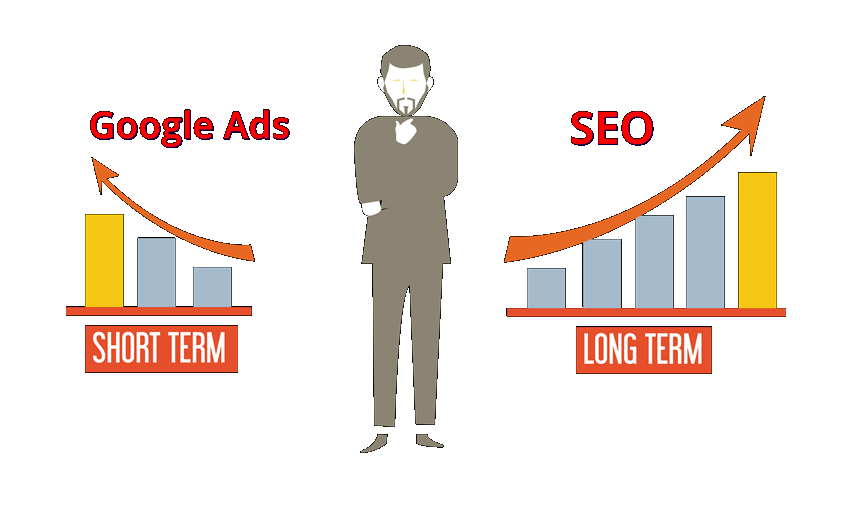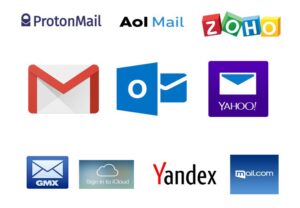
When it comes to digital marketing, two of the most commonly used strategies are SEO and SEM. While these two strategies are similar in some ways, they are actually quite different and each has its own unique benefits and drawbacks. In this article, we will explore the differences between SEO and SEM and help you decide which strategy is right for your business.
First, let’s define each of these strategies. SEO, or search engine optimization, is the process of optimizing a website in order to improve its ranking on search engine results pages (SERPs). This is typically done by improving the website’s content, structure, and other factors that search engines use to rank websites. SEO is a long-term strategy that focuses on organic growth, and it can take several months or even years to see significant results.
On the other hand, SEM, or search engine marketing, is the process of using paid advertising to improve a website’s visibility on search engine results pages. This can include paid search ads, display ads, and other forms of online advertising. SEM is a more immediate strategy that can provide quick results, but it also requires a consistent budget to maintain visibility.
Now that we understand the basics of these two strategies, let’s take a closer look at the differences between them.
One of the main differences between SEO and SEM is the way that they work. SEO is a more organic and natural process, whereas SEM is more of a paid and controlled approach. With SEO, you are trying to improve your website’s ranking on SERPs by making it more relevant and useful to users. This involves optimizing your website’s content, structure, and other factors that search engines use to rank websites.
On the other hand, with SEM, you are paying for advertising space on SERPs in order to increase your website’s visibility. This can include text ads, display ads, and other forms of online advertising. While this can provide quick results, it also requires a consistent budget to maintain visibility.
Another key difference between SEO and SEM is the level of effort and expertise required to implement each strategy. SEO is a more complex and technical process that requires a deep understanding of how search engines work and how to optimize a website for them. This can involve a significant amount of time and effort, and it may require the expertise of a professional SEO specialist.
SEM, on the other hand, is a more straightforward and accessible strategy. While it does require some knowledge of online advertising and how to create effective ads, it is generally easier to implement and manage than SEO. This makes it a good option for businesses with limited resources or expertise.
So, which strategy is right for your business? The answer will depend on a variety of factors, including your budget, your goals, and your level of expertise. If you have a limited budget and are looking for a quick and effective way to increase your website’s visibility, SEM may be the right choice for you. However, if you have a larger budget and are willing to invest in a long-term strategy, SEO may be a better option.
Ultimately, the best strategy will depend on your unique business goals and needs. If you are unsure which strategy is right for you, it may be helpful to consult with a digital marketing expert who can provide guidance and advice based on your specific situation.


